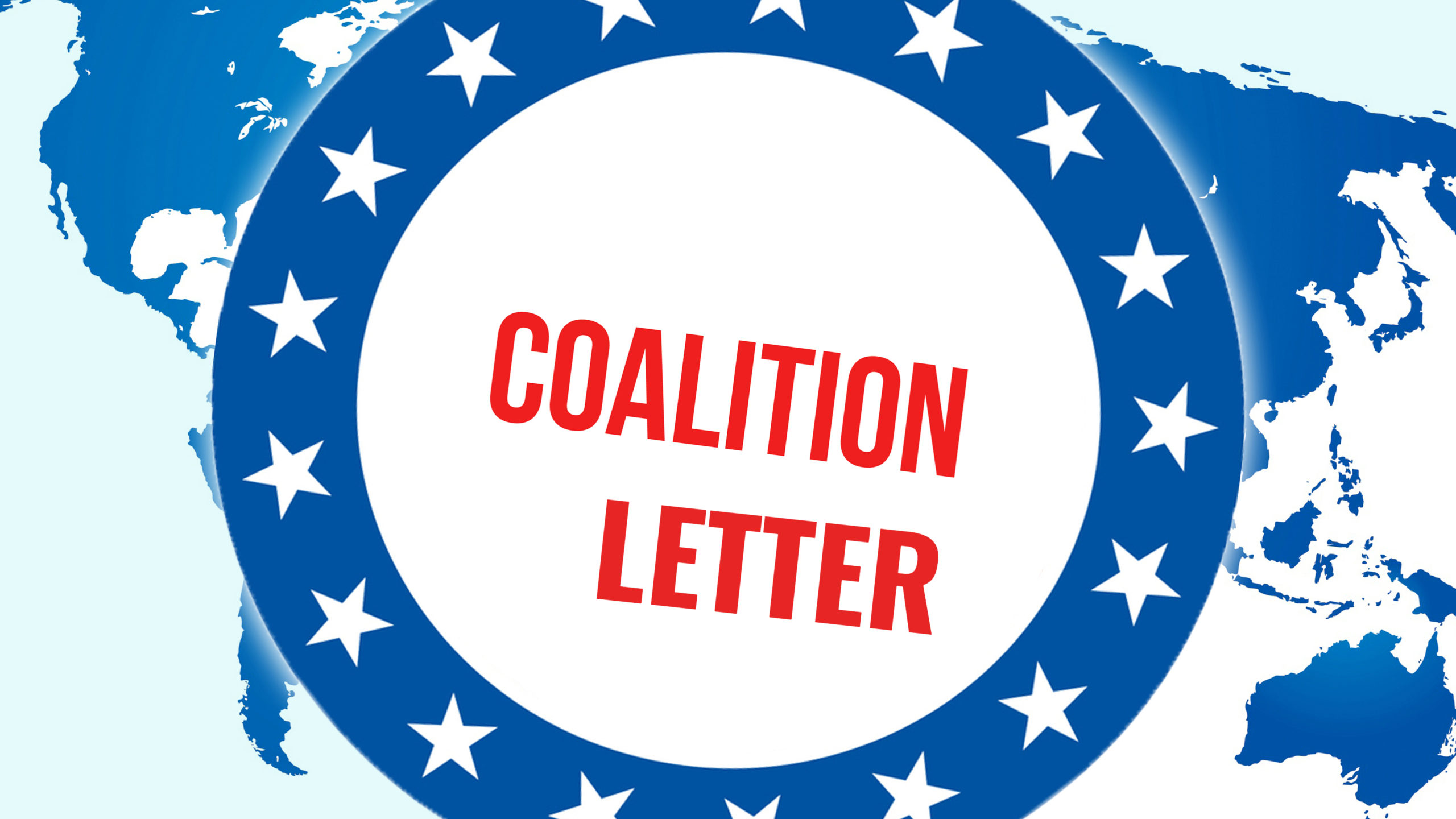Posts tagged official time

VA redirects millions in wasteful union spending back to Veterans
August 27, 2025 // In FY24, the following VA employees were on taxpayer-funded union time, performing work for unions instead of providing care for Veterans: More than 1,000 VA employees in direct patient-care roles. Six registered nurses who collectively earned nearly $1.2 million per year in wages and benefits. Five attorneys who collectively earned $1.25 million per year. Four pharmacists who collectively earned more than $700,000 per year. One physician’s assistant who earned $225,000 per year. One Veterans claims examiner who earned $190,000 per year.

Podcast: Championing Worker Freedom Across The States: Alan Jernigan and Vincent Vernuccio on ALEC TV
August 23, 2025 // As debates over worker rights ripple across the country, one message continues to echo from state to state: workers deserve the freedom to choose the work arrangements that fit their lives best. But how should lawmakers turn that principle into policy?
Agencies’ explanations for implementing labor-management EO run a wide gamut
July 8, 2025 // If the main harm the unions are pointing out relates mainly to their own budget problems instead of the rights that they help negotiate for employees, such as working conditions or quick turnarounds for a scheduling perspective or other protections. Their argument seems short sighted and seems to miss the broader point of what the union’s job is.

Civil service, federal union provisions removed from Senate reconciliation bill
July 2, 2025 // The Senate Budget Committee’s latest version of the legislation also no longer contains previous proposals to charge federal unions for use of official time; impose a 10% fee on federal payroll deductions; require feds to pay $350 to file with the Merit Systems Protection Board; give bonuses to “cost cutters” in the federal workforce, or eliminate funding for electric vehicles in the U.S. Postal Service’s fleet.

Chapter leaders allegedly mishandled over $100,000 in major federal union’s funds
May 28, 2025 // When Bruce took two trips from San Diego to suburban Washington, D.C., with his labor union leaders, and submitted $3,500 in expense reports for a daily rate, hotel, taxis, and airfare. His union president, who traveled separately, got reimbursed for about $8,500. But after Bruce got elected to a leadership position within the union, he found irregularities in the chapter’s records. Two iPads and an iPad mini were purchased for the chapter president in a three-year period. A $12,000 storage unit was approved by the treasurer, who made checks out to someone with her own last name to clean it out. A man with no formal position in the union signed checks, including to himself. In total, Bruce alleges that more than $116,000 went missing from the National Treasury Employees Union Chapter 212 in San Francisco, which represents about 900 workers within the Department of Health and Human Services. No one has been charged with a crime in relation to the missing funds. The Department of Labor indicated it in April it had pending "investigative proceedings" related to the chapter.

A ‘War’ on the Civil Service or Controlling a Powerful Union Political Machine?
May 17, 2025 // Fed unions remain unable to strike — enforced by President Reagan’s firing striking air-traffic controllers — so unions became powerful in more subtle ways. A study by the Institute for the American Worker documents how Federal government unionization works today. “Generally, federal employees are not permitted to strike, and their unions are limited in what conditions of employment they may bargain over.” Management rights and other matters “specifically provided” for by federal statute are still not bargainable. “This includes pay, health insurance, retirement, and certain workplace insurance (e.g., workers’ compensation, unemployment insurance), among other benefits.” The study continues,

Podcast Newt Gingrich, Vinnie Vernuccio; Episode 837: Protecting the American Worker
May 5, 2025 // Newt’s guest is Vincent Vernuccio, president and co-founder of the Institute for the American Worker. They discuss the significant labor policy developments and legislative efforts aimed at increasing transparency and accountability in both public and private sectors. Their conversation covers the introduction of the Start Applying Labor Transparency (SALT) Act, which seeks to amend the Labor Management Reporting and Disclosure Act of 1959 to ensure greater transparency in financial transactions between unions and labor consultants. Vernuccio also explains the implications of President Trump's executive action, Schedule F, which aims to make certain federal employees at-will to enhance accountability. They also discuss the challenges posed by public sector unions and the potential impact of Senator Josh Hawley's Faster Labor Contracts Act, which could impose arbitration on private sector union negotiations. Vernuccio emphasizes the need for modernizing union models to align with today's workforce demands for flexibility and merit-based advancement.
Op-ed: MARY KATHARINE HAM: Teachers union bosses put themselves first, teachers and students last
April 23, 2025 // Just recently, Iowa Republican Sen. Joni Ernst uncovered $3.3 million in taxpayer money, and 87,000 hours spent at one agency alone over just two years that went to thousands of hours of union-related activities instead of the American people. Elsewhere, the IRS union is negotiating for its members to show up only once a week in person and retain a bunch of generous bonuses. An unwelcome April surprise, just like your tax bill!

Coalition Letter: Protecting Taxpayers’ Wallets Act
April 16, 2025 // Prior to the recent termination of collective bargaining rights for Transportation Security Administration (TSA) officers, the Department of Homeland Security revealed that nearly 200 TSA officers were working full-time on union matters despite being paid salaries by the government. In FY2019, the most recent year for which the data is available, over 550 employees at the Internal Revenue Service (IRS) were paid taxpayer dollars to perform union work. In another case, a union president has been allowed to occupy an executive suite that spans half of a hospital wing at the Salem VA Medical Center at taxpayer expense. Members of Congress recently introduced legislation to rectify this problem and prevent further squandering of tax dollars. The “Protecting Taxpayers’ Wallets Act of 2025,” introduced as H.R. 1210 by Congressman Scott Perry (R-Pa.) and S. 511 by Senator Joni Ernst (R-Iowa), would give agencies the power to charge labor unions for their use of official time and their use of any agency resources such as office space and equipment.
Sen. Mike Lee spearheads efforts to block government workers from union activities while on the clock
April 9, 2025 // “Federal government unions are heavily involved in party politics,” National Right to Work Committee President Mark Mix said in a statement. “They stage massive political protests, and contribute large amounts of money and manpower to influence elections. Employees of these unions should not have their salaries paid by American taxpayers.” Lee cited a 2016 report by the Office of Personnel Management that showed federal employees spent 3.6 million hours on union-related businesses, costing taxpayers more than $177 million. That number dropped to 2.6 million hours, costing $134.9 million, during the first Trump administration, according to Lee.
